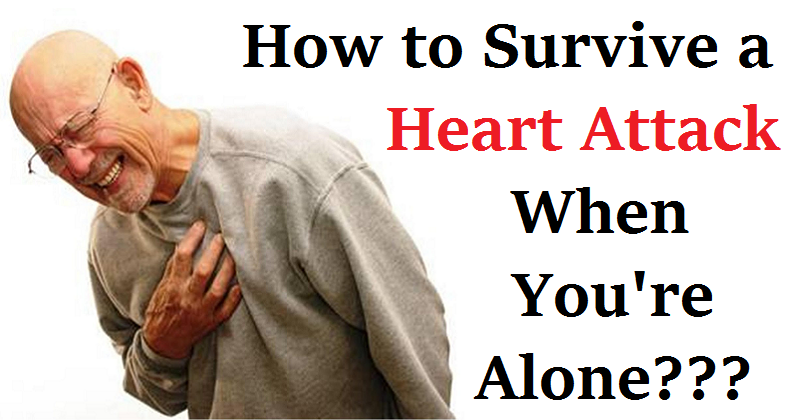
Getting a heart attack, especially when you are alone can be quite terrifying. The first few hours after a heart attack are very crucial and it is important that you get immediate treatment to survive from it. Know about symptoms and how to survive if this strike when you are alone.
The most common warning sign of a heart attack is chest discomfort. The discomfort may reach the arms, neck, back, jaw or upper abdomen. The paining sensation might spread and the person may feel shortness of breath. Other symptoms may include sweating, burning sensation in chest and nausea.
If you suspect that you are getting a heart attack, the first thing to do is to call emergency medical care. You can also wear a medical alert device if you are living all alone. Calling at an emergency medical number is the best thing to do even if you have any friends nearby as they can quickly deliver you specialized treatment to save your heart muscle.
Anxiety and exertion can make your heart attack worse. Try to stay calm and relaxed even in this frightening situation. Keep thinking that you are getting help as soon as possible and you will survive.
Aspirin is the most common blood-thinning medicine that can improve your survival chances during a heart attack. Most of the heart attacks are caused due to to a blood clot in one of the blood vessels. The heart is not able to receive oxygen-rich blood because of the clot and the heart muscle starts getting damaged, further leading to death. If you are not allergic to it, taking aspirin while you are waiting for the emergency medical care to arrive may help in preventing the clot from getting bigger and slow down the blood’s ability to clot.
While waiting for the emergency services, prepare for the first responders without putting any exertion on yourself. Keep your front door unlocked and lie down near it. If possible, keep a list of allergies and medications handy with you in your wallet or purse.
Cough CPR might help to regain a normal heart rate in the cases where the heartbeat is very low due to the abnormal reflex mechanism. Many online sources claim that coughing repeatedly can raise your blood pressure for a second. But this might not help in case of a heart attack or when the person is unresponsive. So, avoid coughing repeatedly during a heart attack.
#33-18-1, Chalasani Venkatakrishnaiah St,
Near Puspa Hotel, Suryaraopet
Vijayawada-520002.
email:
Copyright © Anu Hospitals All Rights Reserved
Website Designed and Developed by Glint Creatives